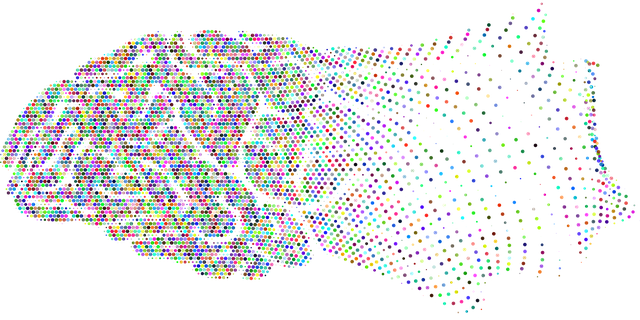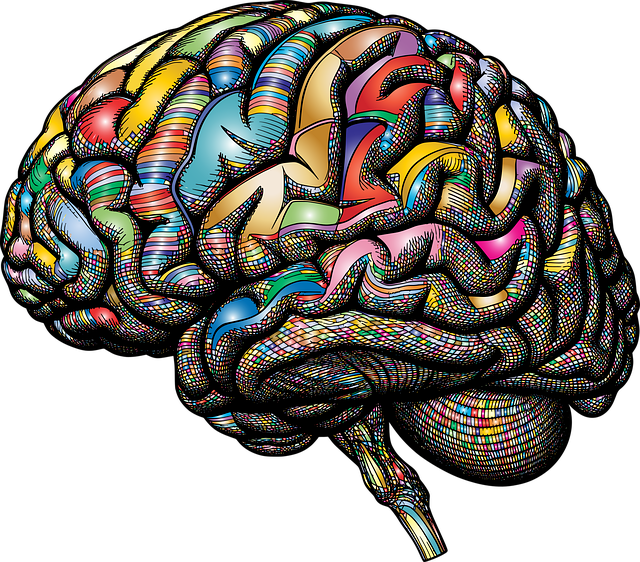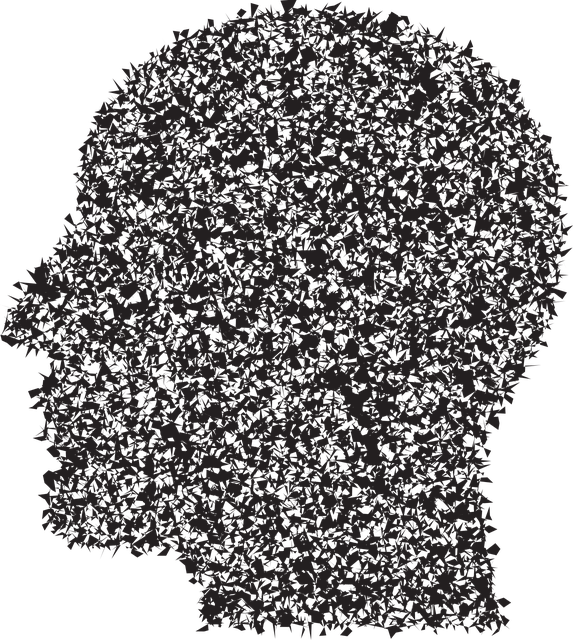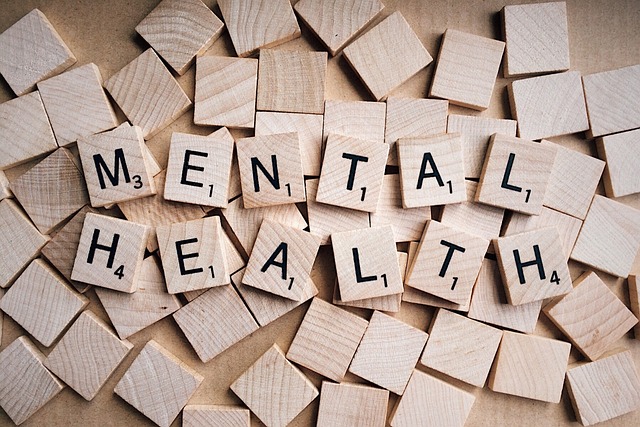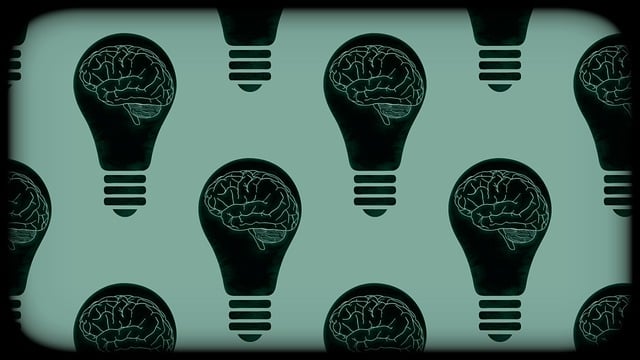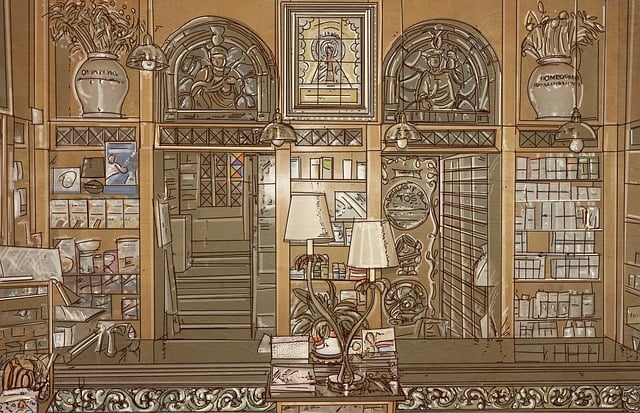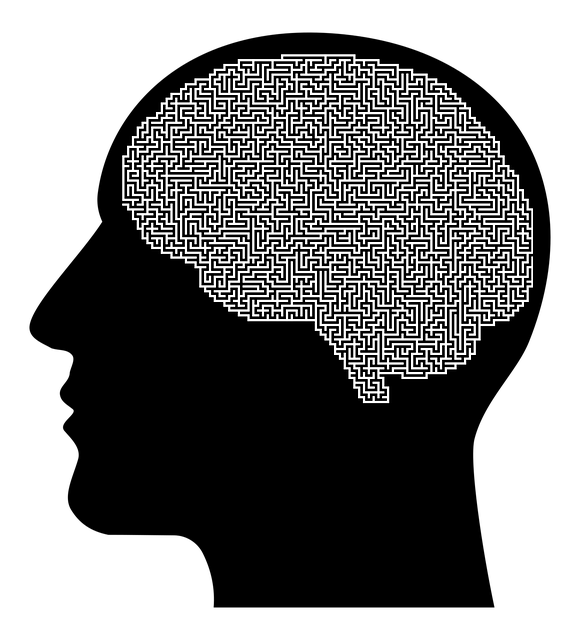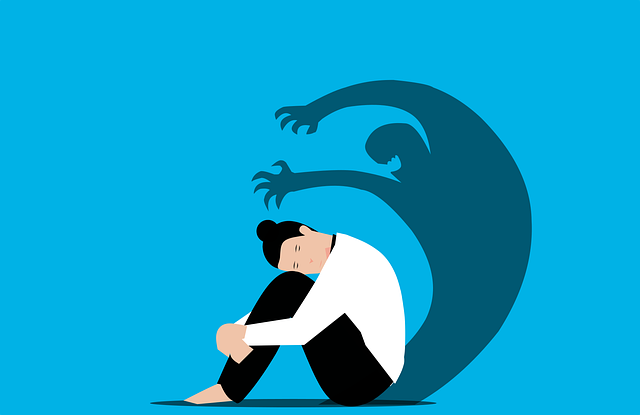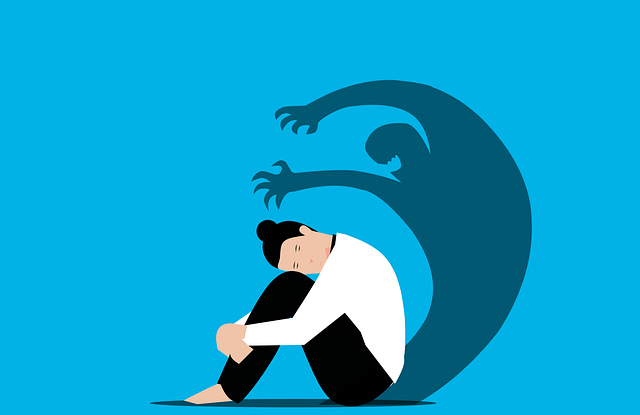The media's portrayal of mental illness significantly impacts societal attitudes, with current depictions often characterized by stereotypes or inaccuracies. Platforms like Littleton Online Therapy are challenging this through accessible and discreet digital therapy sessions, promoting emotional well-being and reducing stigma. Accurate media representations normalize conversations around mental health, encouraging support from communities. To foster diversity, creators should incorporate diverse characters with authentic stories, and platforms can offer positive coping strategies like mindfulness meditation. Collaborative efforts and digital solutions will enhance accessibility to therapy, reduce stigma, and promote understanding of diverse mental health experiences.
In today’s digital age, media plays a pivotal role in shaping public perception of mental illness. However, stereotypical representations often perpetuate stigma and hinder understanding. This article delves into the current state of mental health portrayal in media and explores innovative solutions like Littleton Online Therapy, offering accessible and accurate representations. We examine the profound impact of these changes on societal support and discuss strategies to enhance diversity and inclusion in narratives. Furthermore, it highlights future directions for continuous improvement through collaboration.
- Understanding Mental Illness Representation in Media: The Current State
- Littleton Online Therapy: A Novel Approach to Challenging Stereotypes
- The Impact of Accurate Portrayals on Public Perception and Support
- Strategies for Enhancing Diversity and Inclusion in Media Narratives
- Future Directions: Continuous Improvement and Collaboration
Understanding Mental Illness Representation in Media: The Current State

The representation of mental illness in media has long been a topic of discussion and debate. Currently, there is a growing recognition of the impact that media portrayal can have on societal attitudes and perceptions towards mental health. However, despite progress, many challenges remain. Often, media portrayals fall into stereotypes, exaggerations, or complete absence of accurate representation, leading to misunderstandings and stigmatization. This is particularly problematic as media acts as a primary source of information for many individuals, shaping their views on mental illness.
For instance, the depiction of mental health conditions in films and television shows often relies on dramatic effects, focusing on extreme behaviors rather than the nuanced experiences of those living with these illnesses. This can contribute to the misperception that mental illness is rare or entirely defined by severe symptoms. As a result, the general public may underestimate the prevalence and diversity of mental health struggles, hindering support and understanding for individuals seeking therapy, such as those availing Littleton Online Therapy services. Promoting accurate representation through Emotional Well-being Promotion Techniques, like journaling exercises focused on Mental Wellness, can foster emotional intelligence and challenge these harmful narratives.
Littleton Online Therapy: A Novel Approach to Challenging Stereotypes

Littleton Online Therapy emerges as a revolutionary concept in the media’s representation of mental illness, offering a fresh perspective on challenging stereotypes associated with therapy and psychological well-being. In today’s digital age, online therapy platforms like Littleton provide accessible and discreet support to individuals seeking stress management and emotional healing processes. This novel approach removes barriers often associated with traditional therapy settings, making professional help more readily available to those who might otherwise avoid face-to-face interactions due to fear of stigma or judgment.
By facilitating therapy sessions through secure online platforms, Littleton Online Therapy promotes a sense of comfort and empowerment among users. It encourages individuals to prioritize their emotional intelligence and mental health in the privacy of their homes, fostering an environment conducive to open dialogue and authentic self-exploration. This shift towards digital therapy not only challenges societal perceptions but also contributes to a more inclusive understanding of mental illness, where support is readily available and accessible for all.
The Impact of Accurate Portrayals on Public Perception and Support

Accurate representations of mental illness in media can significantly shape public perception and attitudes, fostering a more supportive environment for those facing similar challenges. When media portrays mental health struggles in an authentic and nuanced light, it normalizes conversations around these issues, reducing stigma and promoting empathy. This shift can encourage friends, family, and communities to offer support rather than judgment, creating a safer space for individuals to seek help. For instance, Littleton Online Therapy has seen increased interest from people who feel more comfortable accessing therapy through digital platforms, partly due to the positive media portrayal of online therapy services as effective and accessible.
Moreover, accurate media representations can inspire hope and motivate individuals to initiate emotional healing processes by showcasing recovery stories and resilience. This representation is crucial in developing communities that support mental wellness coaching programs and Community Outreach Program Implementations, ensuring that resources are available and utilized effectively. By challenging stereotypes and providing a more realistic portrayal of mental illness, media has the potential to revolutionize how society understands and responds to these health challenges.
Strategies for Enhancing Diversity and Inclusion in Media Narratives
To enhance diversity and inclusion in media narratives, creators can actively seek to represent a wide range of mental health experiences. This involves incorporating characters with diverse backgrounds, identities, and diagnoses, ensuring their stories are accurately told and free from stereotypes. By doing so, media platforms like Littleton Online Therapy can foster a more comprehensive understanding of mental illness among audiences. Encouraging authenticity in storytelling can help reduce the stigma associated with seeking therapy and promote access to resources such as online therapy services.
Additionally, integrating practices like mindfulness meditation into narrative arcs can offer positive representations of coping strategies. Designing Mental Health Education Programs that cater to diverse audiences ensures that everyone feels seen and hears their unique mental health concerns addressed. Even implementing a thorough risk assessment for mental health professionals in media portrayals can help mitigate potential harms and promote responsible representation. These strategies collectively contribute to a more inclusive media landscape, reflecting the reality of diverse mental health experiences.
Future Directions: Continuous Improvement and Collaboration

The future of mental illness representation in media lies in continuous improvement and collaborative efforts. As the digital landscape evolves, platforms like Littleton Online Therapy offer promising solutions, providing accessible therapy options through technology. This shift towards online therapy can enhance reach and reduce stigma associated with seeking help.
Encouraging diverse storytelling, incorporating real-life experiences, and promoting accurate portrayals will foster understanding and empathy. Moreover, integrating self-care routine development for better mental health, stress management, and social skills training within media narratives can empower audiences to take proactive steps towards well-being. Collaborative initiatives between media creators, mental health professionals, and advocacy groups are essential to ensure these improvements become the new norm.
In conclusion, improving mental illness representation in media is a critical step towards fostering understanding and support within society. As highlighted by the current state analysis and successful initiatives like Littleton Online Therapy, challenging stereotypes through diverse and accurate portrayals can significantly impact public perception. By adopting inclusive strategies and encouraging collaboration, we can enhance media narratives to better reflect the lived experiences of those with mental health challenges. This, in turn, will lead to increased empathy, reduced stigma, and better access to support for all.
